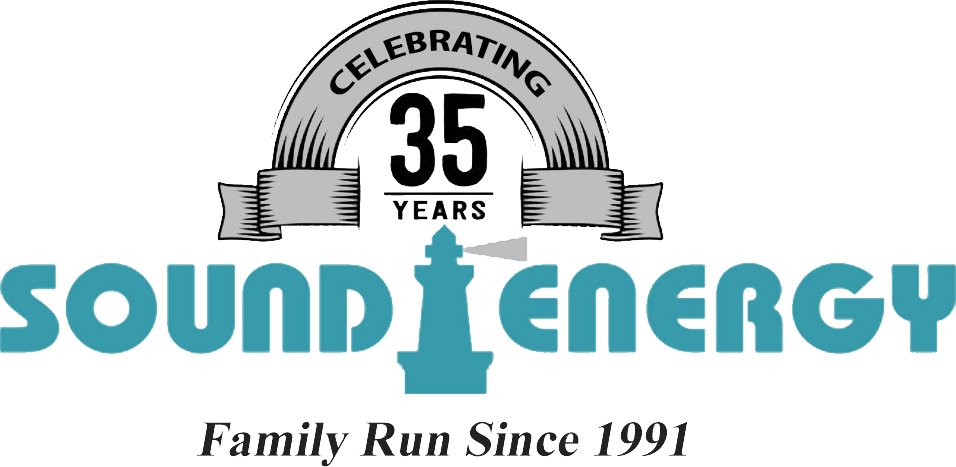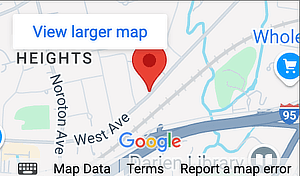“What Should I Know about My Oil Tank?”
You probably don’t think about your heating oil tank much, unless you receive a fuel delivery or happen to walk past it.
One of the benefits of being a heating oil customer is having your fuel safely stored in a tank on your property, as opposed to gas and electricity which are provided by the utilities.
Your heating oil storage tank can last for decades and fuel leaks are extremely rare. Most storage tanks are designed with corrosion-resistant materials for long life and exceptional safety, and research shows that less than 1% of heating oil tanks ever experience a release.
However, internal corrosion could shorten your tank’s lifespan, but the good news is, there are several things you can do to limit the chance of a serious, expensive release.
“How do I protect my heating oil storage tank?”
- Enroll in our ProGuard Oil Tank Clean Up and Replacement Program! This inexpensive plan provides up to $50,000 in clean-up protection from an aboveground tank accidental release, and up to $2,000 for the proactive replacement of your aboveground tank. You can even transfer it to an eligible new homeowner if you sell your home.
- Check your tank on a regular basis. Look for blisters, dents, wet spots, rust, bulges, or drips. Also check the lines and fittings for drips.
- Enroll in Sound Energy’s service plan and schedule your annual tune-up. You’ll be happy to know that we include a visual tank inspection in our annual maintenance.
- Call us at203-655-2539 if you suspect a leak or smell oil around your tank.
- If your oil tank is more than 20 years old, consider replacing it. Even if you don't think there is a problem with your current tank, internal corrosion is a hidden danger you won’t be able to see until it’s too late. An ounce of prevention is worth gallons of leaking heating oil.
“Now that I know about tanks, what else should I be aware of?”
Sound Energy specializes in oil tank replacements. As opposed to older, basic steel tanks, modern oil tanks are commonly made from durable, non-corrosive materials like fiberglass and polyethylene (often with a steel or fiberglass outer shell), as well as carbon steel and specialized alloys for certain applications. Double-walled tanks are also available for enhanced leak protection and containment.
Do you still have questions about your heating oil tank? We’re happy to help! Contact us today!



